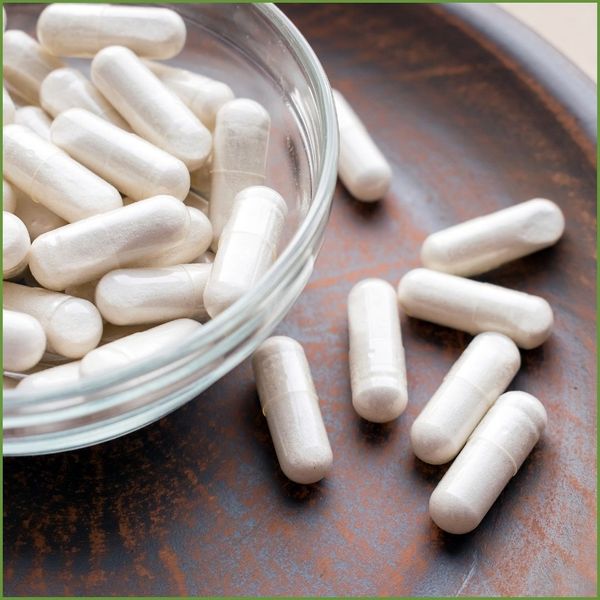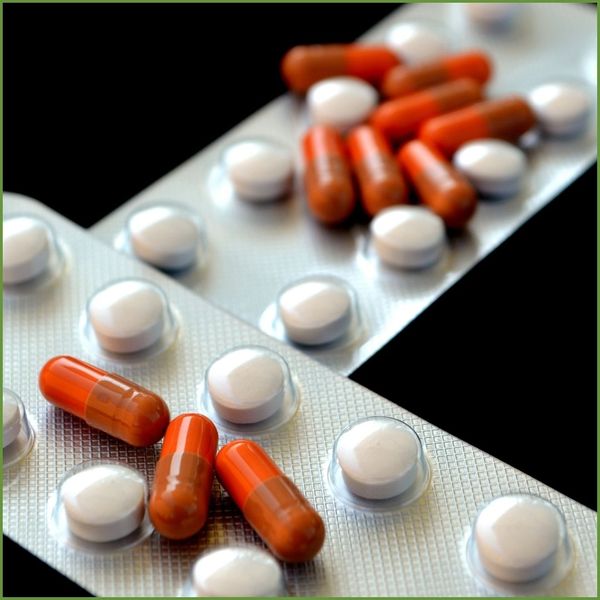Opioid treatment with partial agonists involves the use of medications like buprenorphine to help individuals manage opioid use disorder (OUD). These partial agonists are designed to stimulate opioid receptors in the brain, but unlike full agonists, they do so with a ceiling effect, meaning their effects plateau at higher doses. But while these medications play a key role in agonist therapy, it’s important to explain a few common misconceptions about them and how they work.
Let Amazing Grace Center and our substance abuse treatment center in Portsmouth, OH, explain how buprenorphine, methadone, and suboxone can help manage OUD.




